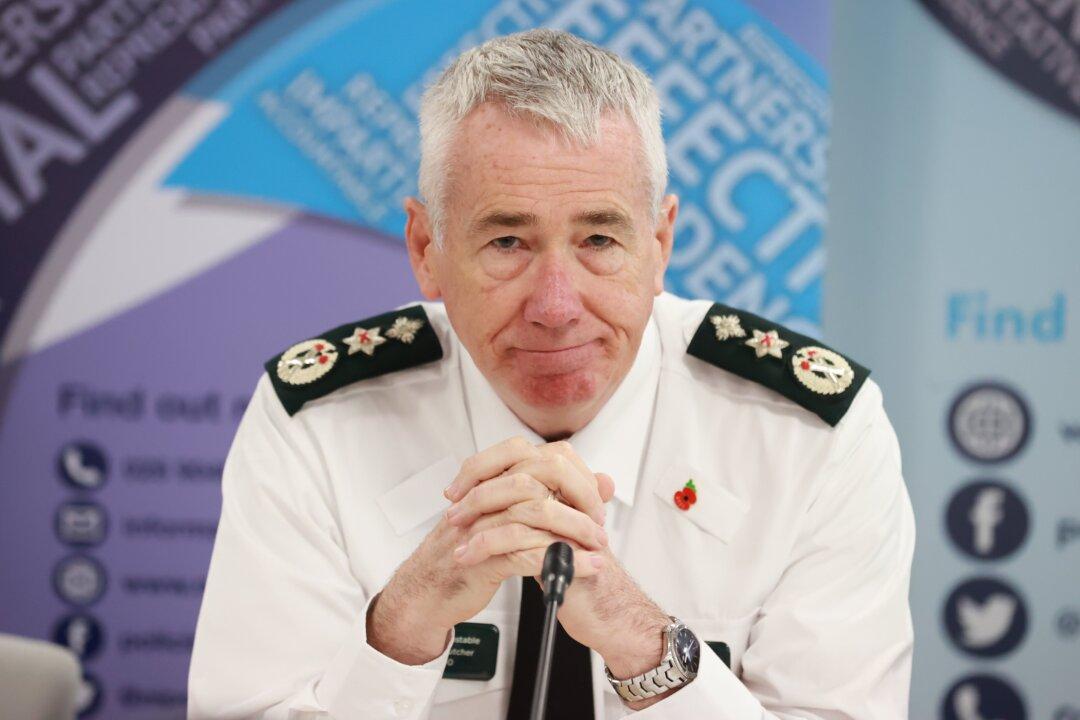Sixteen people identified by Operation Kenova as suspected handlers of the double agent, known as Stakeknife during The Troubles, will not face prosecution following an inquiry, it has been announced.
The unnamed individuals, who include one police officer and six military personnel, protected the IRA insider who worked for the republican terror outfit’s notorious “Nutting Squad,” interrogating, torturing and murdering suspected informers during The Troubles.





